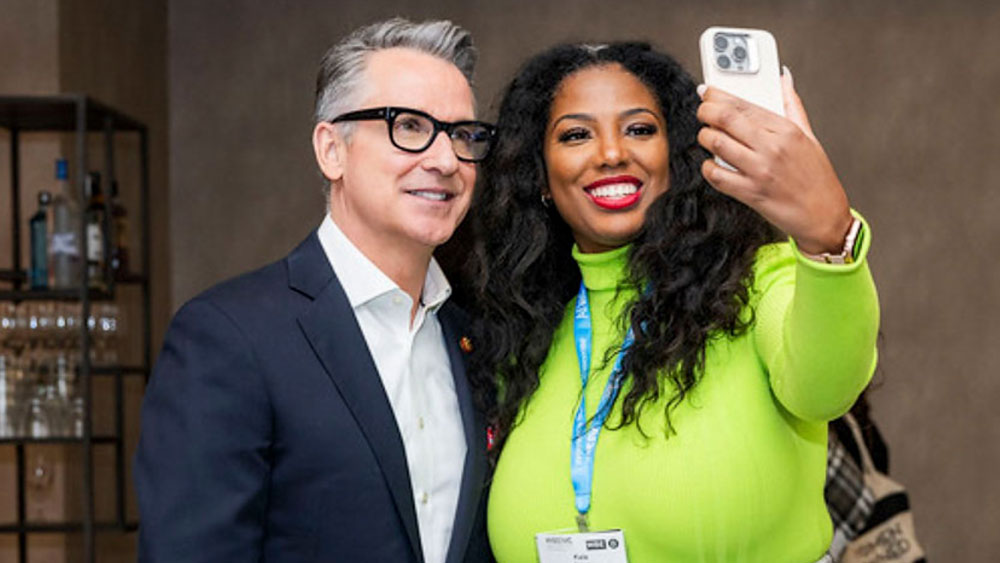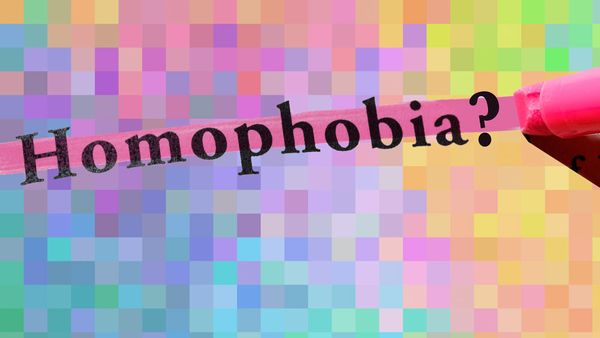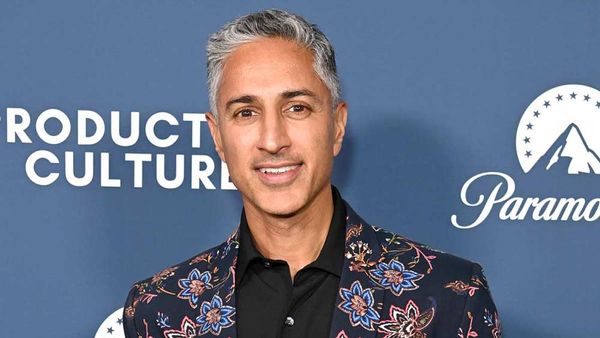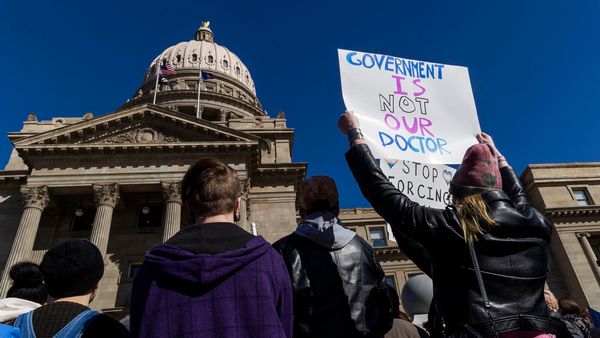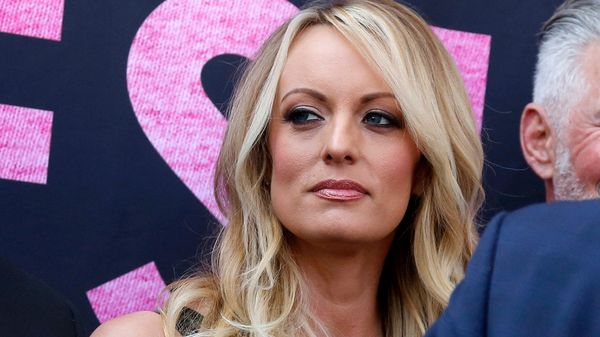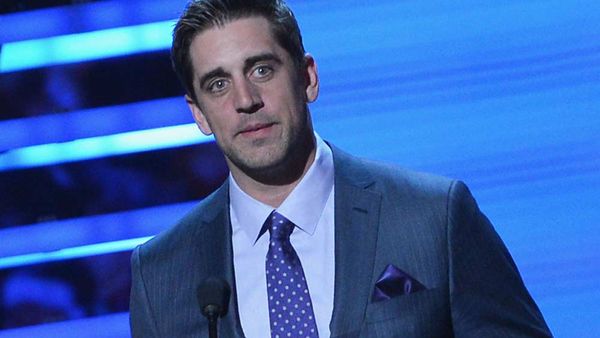May 23, 2016
22 Complaints Filed Under Utah's New LGBT Discrimination Law
Michelle L. Price READ TIME: 3 MIN.
Utah public school teacher Art Rice used to put on four shirts every day before work last year so no one would notice that he was becoming a woman.
"I cried near every morning, putting my man clothes on, because that was the last real piece of my life where I was hiding who I was and I hated it," said Rice, who now lives as Angie Rice.
Rice said she finally had the courage to come out to administrators and students when Utah passed an anti-discrimination law last year protecting gay and transgender people from being fired or denied housing.
In the year since the law took effect, 22 complaints have been filed with the state Labor Commission- far fewer than the annual number of race or religious-based discrimination complaints lodged in the state.
But proponents of the landmark measure, which received a rare public endorsement from the Mormon church, say its impact isn't measured just by complaints, but by people like Rice, who says the law freed her from a self-imposed prison.
"The paranoia and fear was just overwhelming," said Rice, a 54-year-old Air Force veteran.
As soon as the law passed in May of 2015, Rice met with her school principal and tearfully told her story. She said she received love and support from the district and school, where she'd spent a decade teaching children with intellectual disabilities, and this school year returned to the classroom living full-time as Angie Rice.
While there have been relatively few complaints of LGBT discrimination in the law's first year, people like Rice show why it was needed, said Troy Williams, the executive director of Equality Utah. "People have, for the first time, legal recourse when discrimination occurs," said Williams, whose group helped advocate for the LGBT protections in the law.
Fewer instances of LGBT-related discrimination tracks with other discrimination patterns, Williams said. He points to FBI reports showing that about half the hate crimes reported in Utah in 2014 were based on race, about a third were based on religion, but only about 6 percent were based on sexual orientation.
It's difficult to get a picture of the allegations of LGBT discrimination filed in Utah, where complaint records and general details about the allegations are not public information.
State law only allows general statistics to be released, said Alison Adams-Perlac, the director of the Labor Commission's Antidiscrimination and Labor Division.
Of the 22 complaints filed in the law's first year, 13 were resolved through mediation with the employer or housing agency before state officials imposed any fine or disciplinary action. One complaint was withdrawn and two were closed after investigators found no evidence of discrimination.
Adams-Perlac believes there may be relatively few LGBT-related complaints because the law is still relatively new. Her division is working to educate people about the new protections, she said.
The law, which is limited to housing and employment, won an endorsement from the Utah-based Church of Jesus Christ of Latter-day Saints last year because it exempts religious organizations and protects some religious speech in the workplace.
Some LGBT residents worried the law left too many loopholes, while conservative critics said it created special protections gay and transgender people but didn't go far enough to protect religious rights.
LGBT activists, church groups and the state's Republican governor and legislative leaders touted the law as a grand compromise.
Williams, with Equality Utah, points to a similar spirit of compromise playing out under the law as about half the 22 complaints were resolved without discipline.
"We want the opportunity to sit down with each other and work through the issues because that's when real change occurs. We don't want to just see a bunch of lawsuits being filed," he said. "We actually want to see hearts and minds opening and changing here."

